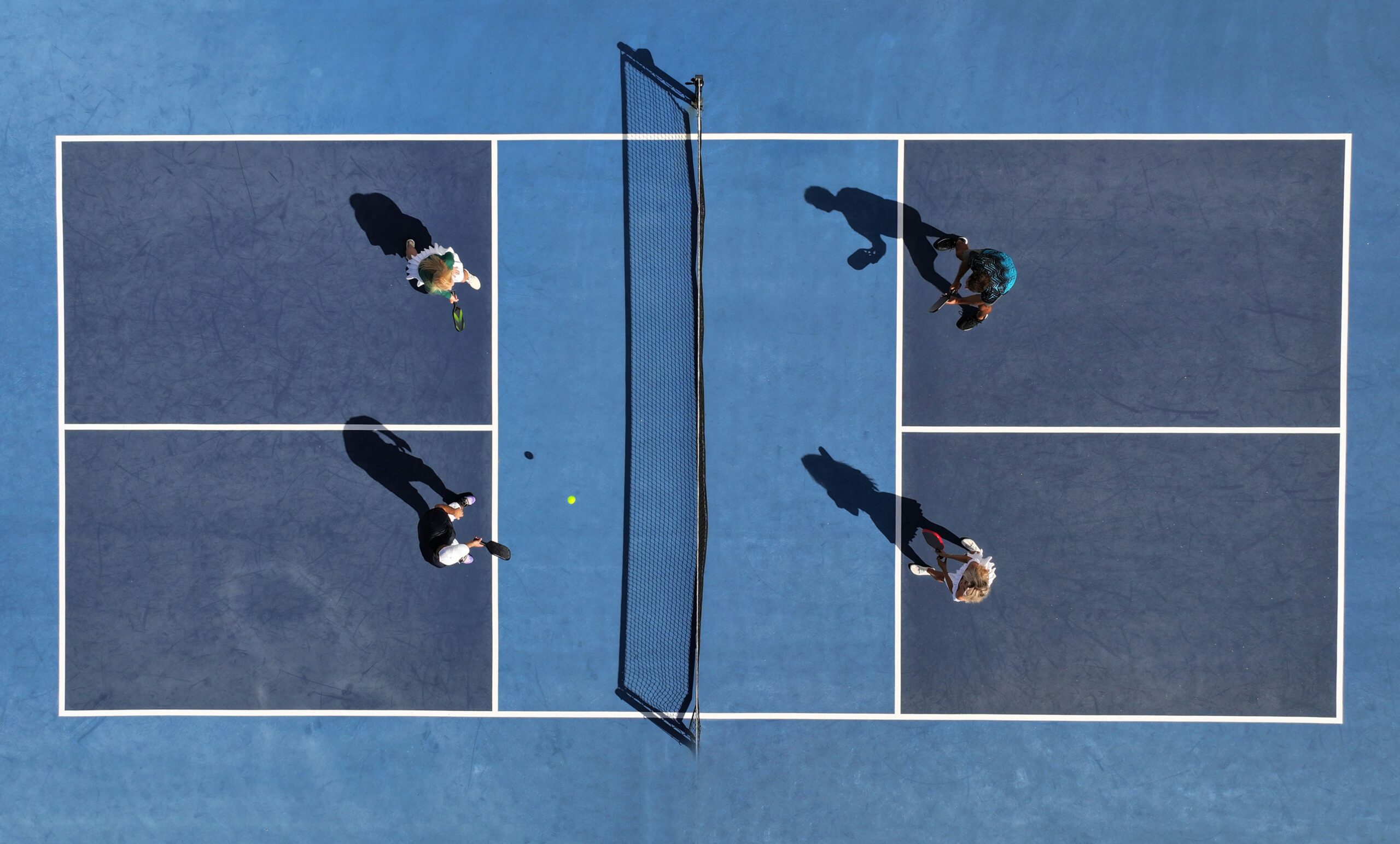
Pickleball is swiftly becoming one of the fastest-growing sports in the United States, offering a unique blend of tennis, badminton, and ping-pong elements. It’s accessible to players of all ages and skill levels, making it a popular choice for community centers, gyms, and outdoor parks. If you’re new to the sport, understanding the basics and adopting some strategic tips can significantly enhance your gameplay. Here’s your beginner’s guide to mastering the fundamentals of pickleball.
Getting Started with the Right Equipment
Before you hit the court, having the right equipment is essential. Good pickleball paddle, balls specifically designed for the game, and proper footwear are must-haves. Paddles vary in material—from wood to composite and graphite—which affects their weight and how they hit the ball. Beginners might opt for a lighter paddle for better control as they learn their swing. Regarding balls, outdoor balls are typically more rigid and have smaller holes than indoor balls, which are softer and more prominent. Choose your gear based on where you plan to play most often.
In terms of attire, wear comfortable clothing that allows for mobility. Shoes should be court-appropriate, providing good support and traction to maneuver easily on the court surface. Investing in the right gear can prevent injuries and improve your playing experience.
Learning the Rules and Scoring
Understanding the rules is crucial for any beginner. Pickleball is played either as doubles (two players per team) or singles; however, doubles are more common. The game starts with a serve that must be done underhand, and each serve must be diagonal, crossing to the opponent’s service zone. The serving team can only score points when the ball is hit in the opponent’s court without being returned.
The scoring system in pickleball can be peculiar to newcomers. Games are typically played to 11, 15, or 21 points, and the winning team must lead by at least two points. One of the unique rules of pickleball is the two-bounce rule, where the ball must bounce once on each side before volleys are allowed. This rule helps to lengthen rallies and adds a strategic layer to the game.
Developing Essential Skills
Mastering basic skills like serving, volleying, and drinking (a soft shot that drops into the opponent’s non-volley zone) is vital. Practice your serve to make it consistent and difficult for opponents to return. Regarding volleying, stay on your toes and be ready to move towards the ball. Positioning is key—stay near the center line to cover most of the court.
Dinking is an essential skill in pickleball that can shift the game’s momentum. It involves hitting the ball just barely over the net, making it drop sharply, and forcing the opponent to hit upward, potentially setting you up for a winning shot. Practicing these skills can drastically improve your game and make you a formidable competitor on the court.
Strategies for Game Improvement
As you get comfortable with the basics, implement strategies to help you win games. One effective strategy is to aim your shots toward the weakest player in doubles or the backhand side in singles. This can lead to more straightforward points and fewer mistakes on your part. Additionally, try to maintain a position at the non-volley zone line (also known as the kitchen line) as much as possible. This allows you to take charge of the net and make it harder for opponents to hit winning shots past you.
Another tactical approach is to develop a good mix of soft shots and hard drives. This variability can keep your opponents guessing and open the court for more aggressive plays. Please pay attention to your opponent’s position and exploit gaps in their court coverage.
Enhancing Your Play Through Practice and Play
The best way to improve at pickleball is to play as much as possible. Participate in different types of games—doubles, singles, casual play, and competitive matches. Each type offers unique challenges and learning opportunities. Additionally, consider joining clinics or lessons offered at local clubs or community centers. Professional coaching can provide personalized feedback and advanced techniques you might not pick up.
Moreover, watch experienced players and competitions, either live or online. Observing others can give you insights into advanced strategies and inspire you to try new techniques on the court. Remember, every player was a beginner at one point, and continuous learning is key to becoming proficient.
Pickleball is more than just a fun pastime; it’s a sport with opportunities for strategic gameplay and personal improvement. You can rapidly advance your game by equipping yourself with the right gear, understanding the rules, honing your skills, and employing innovative strategies. Whether playing for fun or aiming to compete, pickleball offers a rewarding experience as you master the essentials and beyond.